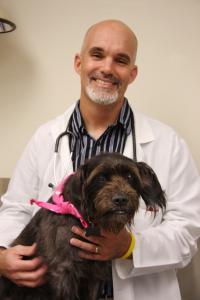June 17, 2015 5:41 PM EDT
Yes, it appears so. Golden Retrievers have a 1 in 8 lifetime risk of cancer. Boxers are well known to get many cancers. Irish Wolfhounds are predisposed to osteosarcoma. There are many breeds, however, which do not appear to have higher than background cancer risks.
